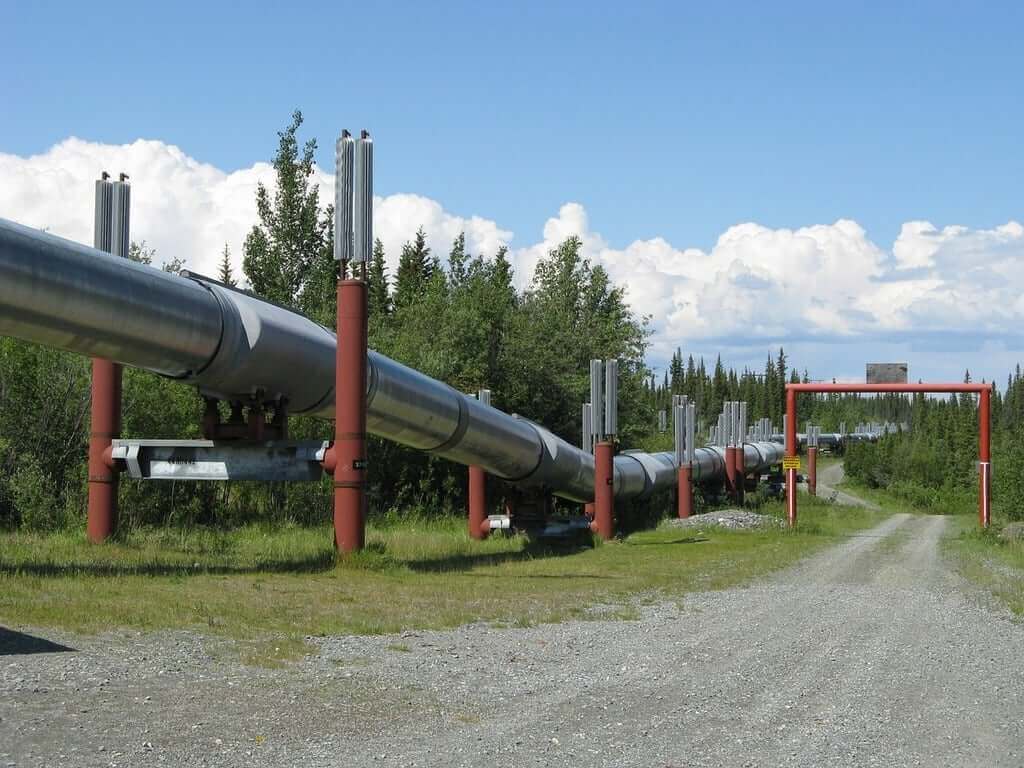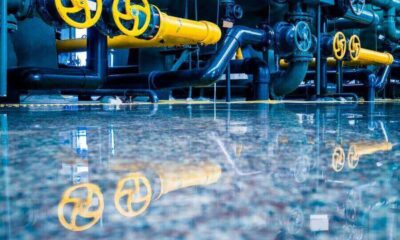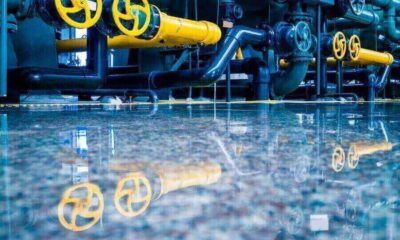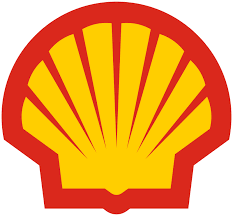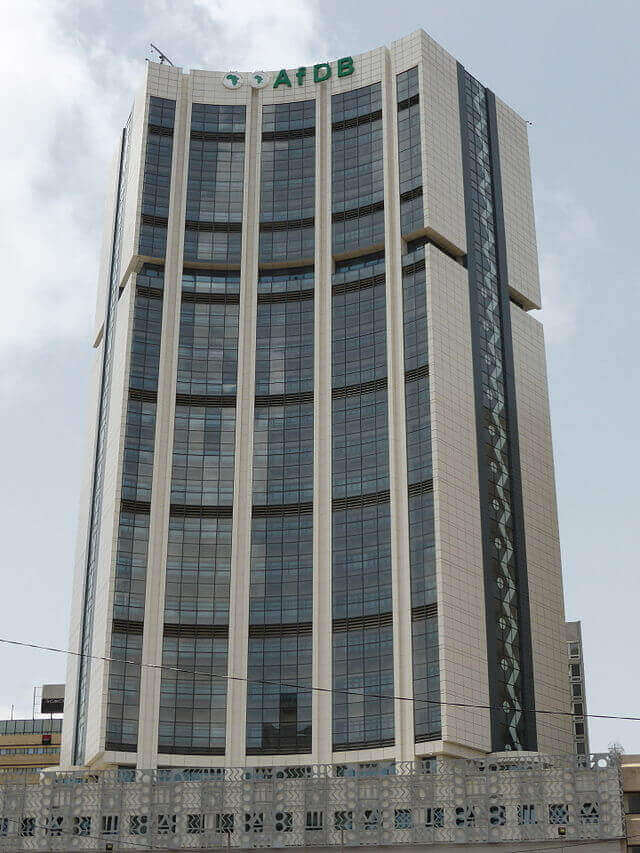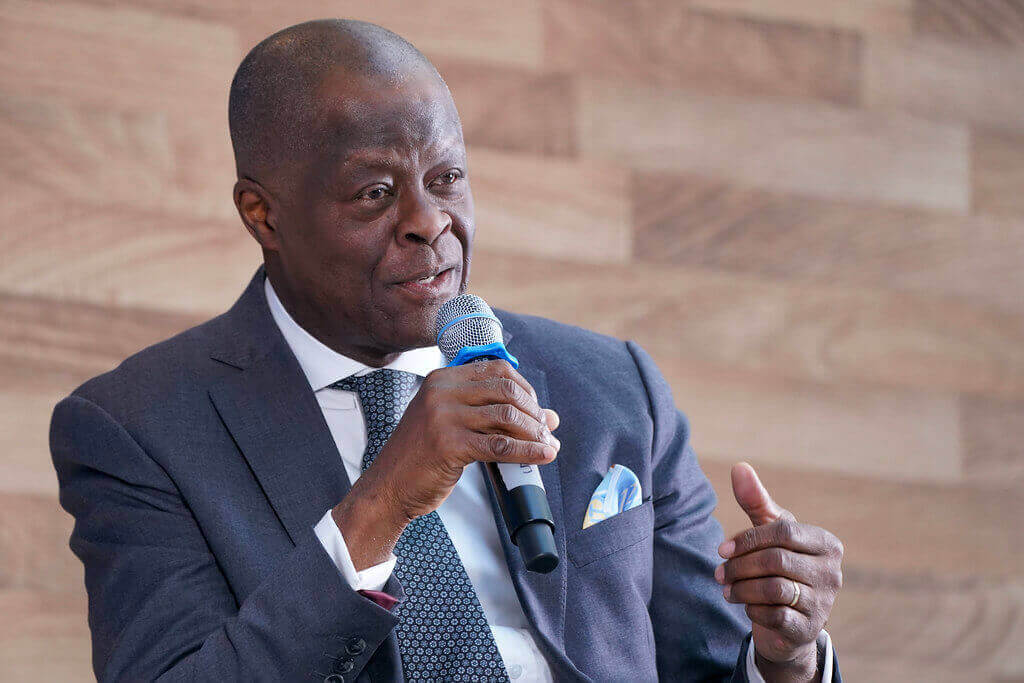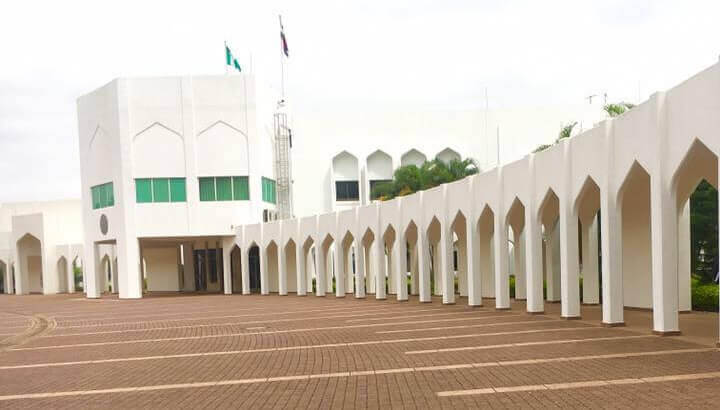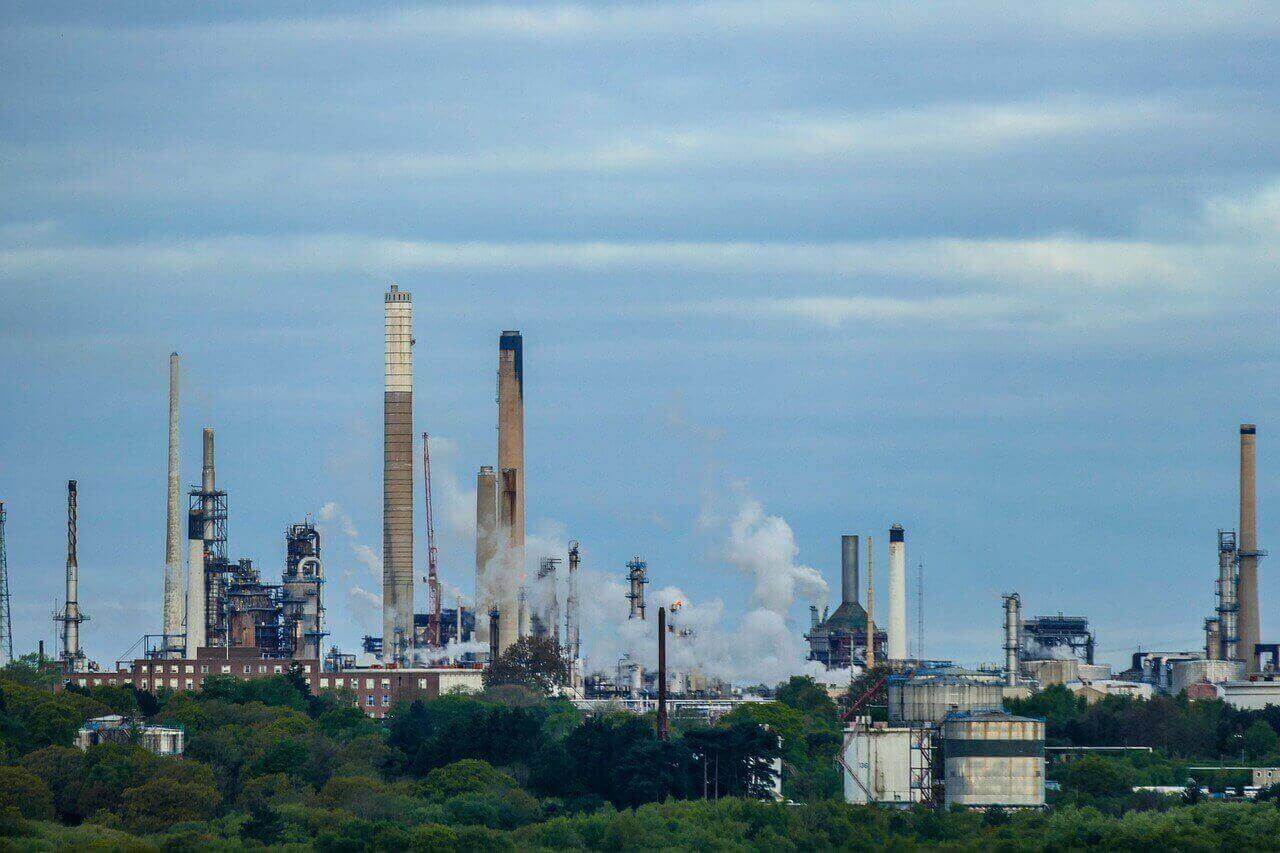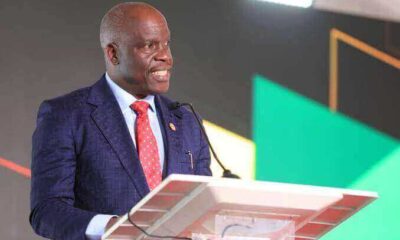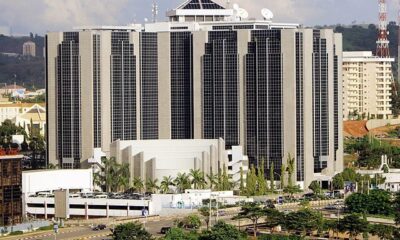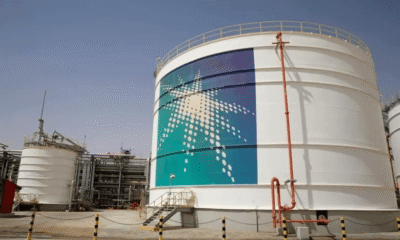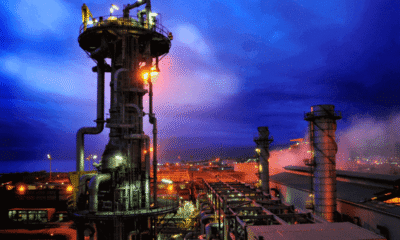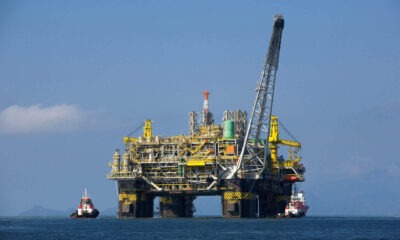The Final Investment Decision (FID) on the $25 billion Nigeria-Morocco Gas Pipeline project will likely be taken by the end of 2025.
Morocco’s Minister of Energy Transition and Sustainable Development, Leila Benali, shared the latest developments on the project during a session in the Council of Advisors.
The Council of Advisors serves as the upper house of Morocco’s parliament.
The update regarding FID on the Nigeria-Morocco Gas Pipeline followed the progress made on key agreements, feasibility and engineering studies.
Before announcing the FID, Nigeria and Morocco agreed to create a special-purpose company to manage the pipeline.
The FID declaration marks a significant step forward in the project, which aims to connect Nigeria’s vast natural gas reserves to Morocco and extend to Europe.
The Nigeria-Morocco Gas Pipeline project, estimated to cost about $25 billion, has gained strong financial backing from major international institutions.
These organizations include the Islamic Development Bank, the OPEC Fund, and the European Investment Bank.
Also, the US and the United Arab Emirates have expressed interest in funding the $25 billion Morocco-Nigeria gas pipeline project.
The Nigeria-Morocco Gas Pipeline Project
Launched in 2016 during Morocco’s King Mohammed VI’s visit to Nigeria, the proposed Nigeria-Morocco pipeline aims to connect West Africa to Europe via Morocco.
The pipeline will stretch over 5,600 kilometres, making it one of the longest gas pipelines in the world.
It will carry natural gas from Nigeria through 13 African countries to Morocco. The pipeline will then extend from Morocco to Europe, offering a more secure and diversified route for natural gas supply to Europe.
The 13 concerned countries are Nigeria, Benin, Togo, Ghana, Cote d’Ivoire, Liberia, Sierra Leone, Guinea, Guinea-Bissau, Gambia, Senegal, Mauritania, and Morocco.
The pipeline aims to transport up to 30 billion cubic meters of gas annually.
Benefits for Nigeria & Morocco
The Nigeria-Morocco pipeline will position Morocco as a key energy hub, improving ties with the US, the European Union, and African nations. On April 23, Morocco issued an expression of interest for an LNG terminal near the port of Nador. The terminal will connect to an existing pipeline that links Morocco to Spain and industrial zones in Mohammedia, Kenitra and Dakhla.
Consequently, Morocco would become a gateway for African gas to Europe and possibly North America.
As for Nigeria, the pipeline will cement Nigeria’s role as a significant gas supplier, rivalling Algeria and Egypt. Nigeria’s ability to export gas to Europe would deepen its economic ties and strengthen its position as a critical energy partner for Europe.
Economic & Geopolitical Impact of the Nigeria-Morocco Gas Pipeline
The Nigeria-Morocco pipeline will supply cheap natural gas to West African countries. These countries need affordable gas for electricity generation and feedstock for their gas-based industries.
- Reducing Energy Poverty: Over 100 million people in West Africa lack reliable electricity. The Nigeria-Morocco pipeline could help solve this crisis.
- Cheaper Energy for Industries: A stable gas supply will help lower production costs, which would boost manufacturing in Nigeria, Ghana, and Morocco.
The pipeline will provide Europe with access to a new source of natural gas from Africa. Europe has long relied on Russian gas supplies to meet its energy needs. Unfortunately, the Russia-Ukraine war disrupted Russia’s gas supplies, pushing Europe to seek additional gas sources. Thus, the Nigeria-Morocco pipeline project will help cushion Europe from potential future supply disruptions.
The US support of the Nigeria-Morocco pipeline could be a way for Washington to counter China’s dominant influence in Africa. The rivalry between China and the United States over influence in Africa’s development projects is intensifying. Both great powers are vying for participation in critical projects across the continent. Early in January 2025, the Nigeria-Morocco gas pipeline project gained strategic support from Jingye Group, a Chinese steel producer. Through its UK subsidiary, Jingye British Steel, the company plans to supply high-quality steel products vital for the pipeline’s construction.
Challenges & Risks
The Nigeria-Morocco gas pipeline is forecast to cost $25+ billion, making it one of Africa’s most expensive energy projects. Most of the 13 countries that the pipeline will cross can’t afford to fund it due to economic and financial constraints (debt, currency devaluations). Thus, funding must come from financial institutions such as the World Bank, the African Development Bank, or private investors.
The European Union is accelerating the use of renewables to meet its energy needs, which may reduce long-term gas demand. The EU is already a global leader in developing renewable energy technology. The share of renewables in the EU’s energy usage in 2023 was 24.5%. With the revised Renewable Energy Directive in November 2023, EU member states agreed on a general renewable energy target of at least 42.5% by 2030 to reach at least 45%.
Algeria, Morocco’s key rival in North Africa, will pose a geopolitical risk for the Nigeria-Morocco pipeline. Algeria, a major gas exporter, will view NMGP as a threat to its proposed Trans Sahara gas pipeline project. It exports gas via Medgaz pipelines to Spain, Italy, and France. Algeria also shut down the Maghreb-Europe Gas Pipeline (MEGP) in 2021 due to tensions with Morocco. Algeria’s concern is that the NMGP could divert EU gas demand away from Algeria. As such, Algeria may lobby against the NMGP in the European Union or even the African Union.

